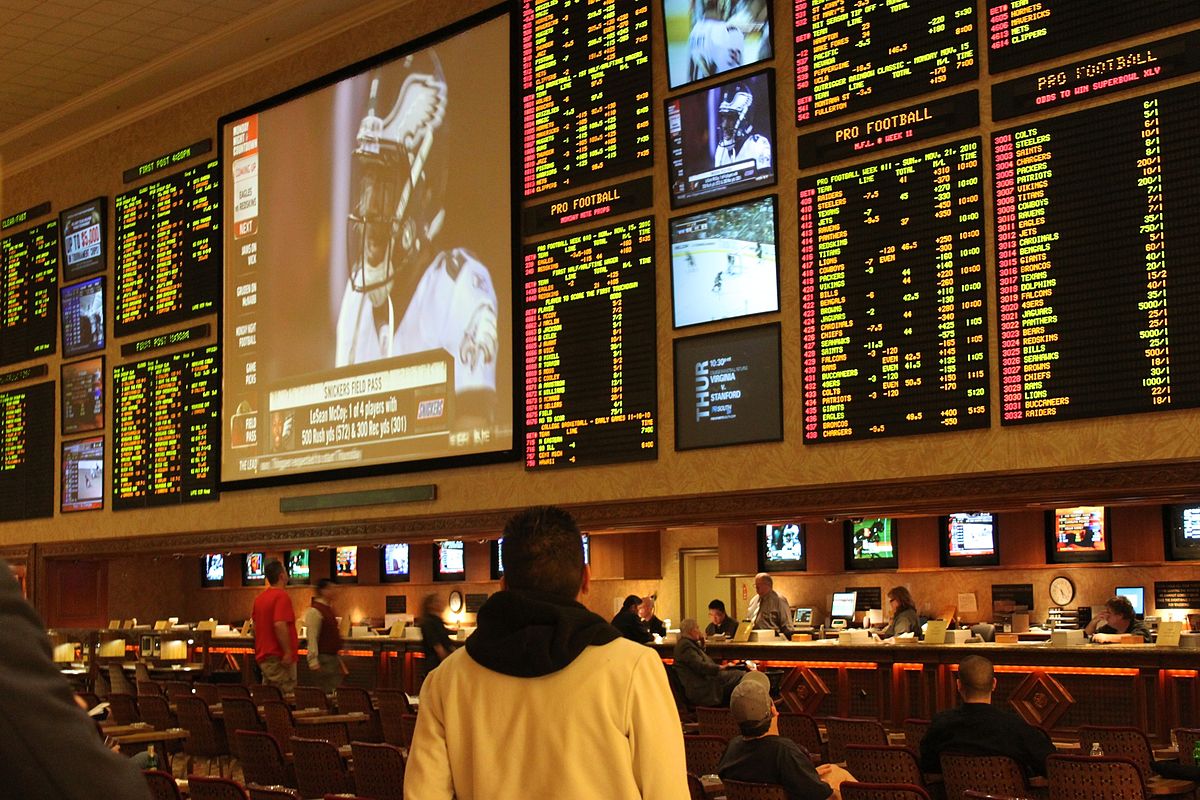Fantasy Sports: The Prelude
Fantasy sports first started out as a pastime which has grown over recent years to become a $1 billion industry. This is down to many reasons, with a big one being the attractive opportunity fans have to feel like a real part of the game. Basically, they have a say when it comes to the performance (either good or bad) of their teams and its players.
Sports fanatics and enthusiasts enjoy viewing themselves as strategists as they assemble a fantasy basketball, football, hockey or baseball team. They also have an opportunity to alter their teams by trading players and managing their limited resources.
Sports experience has been transformed by fantasy sports, with both networks and leagues noting a drastic increment in viewership with fans being given even more opportunities to get into their preferred sports.
To make things even more interesting, often fantasy players are required to pay entry fees which cost range from $50 to $100. They amount to $465 on average per player over the course of the year. This fee is an added incentive as players who have paid with their money develop a greater aspiration to win. Speaking of additional motivation to win, large portions of the entry fees go toward huge cash prizes that add up to almost $2 billion!
As a major established industry in the United States, fantasy sports is a sector that has kept on growing with two major companies, Draft Kings, and FanDuel, at the head of the pack.
Gambling consultants have long spoken about the fantasy sports sector and what role it plays within the whole sports betting debate going on in America. Since there is a dearth of extensive legal betting on sports, fantasy sports have been an outlet to provide sports enthusiasts interesting and exciting methods to contest against one another, either for entertainment, bragging rights or cash prizes.
Presently, 13% of the US and 12% of Canada’s sports fans engage in fantasy sports. To buttress this fact, FSTA (Fantasy Sports Trade Association) stated around 33.5 million people in America played fantasy sports in the first half of 2014.
The industry has developed into two separate aspects: daily games and traditional full-season games. Daily games have drawn a bit of criticism as they are considerably closer to sports betting; luck plays a significantly larger role in the overall performance of a fantasy team when the outcome is based on a game or two, as opposed to an entire season. Nevertheless, it continues to be a popular marketplace which is gaining attention from sports associations, the media, and sports operators equally.
In the United States, the industry of fantasy sports is technically legal — considering the fact that online gambling has been legal in the majority of the United States since Delaware pioneered the legalization of intrastate online gambling in 2013 and interstate online poker with Nevada in 2014.
Meanwhile, Nevada is the only state that provides a complete legislation for sports betting, especially since New Jersey has placed its implementation efforts on hold. In the end, the great demand for wagering on sports is, for the moment, being addressed by fantasy games.
Demographics and Market Size
The Fantasy Sports Trade Association or FSTA approximates that close to 34 million Americans play fantasy games, of which each person accounts for about $467 yearly. This adds up to around $15 billion just in entry fees.
Roughly $11 billion of the entry fees come from American football alone, which makes the NFL’s yearly revenue of around $10 billion pale in comparison.
While football has been the central focus of fantasy sports players, there are only 3 NFL teams with associations with DraftKings (Broncos and Patriots) and FanDuel (Redskins). With the growing popularity of fantasy leagues, it is safe to say that more NFL teams and teams from other sports such as the NHL, MLB, and NBA will in the nearest future aim to profit from the large revenue stream associated with it.
The majority of the biggest US media companies have chosen to both promote and support fantasy sports whilst simultaneously being against sports betting. A couple of these media companies include ESPN, Yahoo!, NBC, CBS, Sports Illustrated, USA Today and Fox. Over the years, these companies have also devoted fantasy sports-themed shows available on major channels, which lead back in March 2014 to the creation of the Fantasy Sports Network that runs 24/7.
To summarize, fantasy sports have surreptitiously developed into a massive cultural spectacle that illustrates nothing but growth and, significantly, caters to demands that cannot be gratified by legal gambling methods. For the moment, it cannot be predicted if and how fantasy sports will affect the way and frequency of betting all over the United States.
To learn more about this amazing game, check out the following infographic.
Josh Wardini, Editorial Contributor and Community Manager at bettingsites.me.uk. With a preliminary background in communication and expertise in community development, Josh works day-to-day to reshape the human resource management of digitally based companies. When his focus trails outside of community engagement, Josh enjoys the indulgences of writing amidst the nature conservations of Portland, Oregon.

